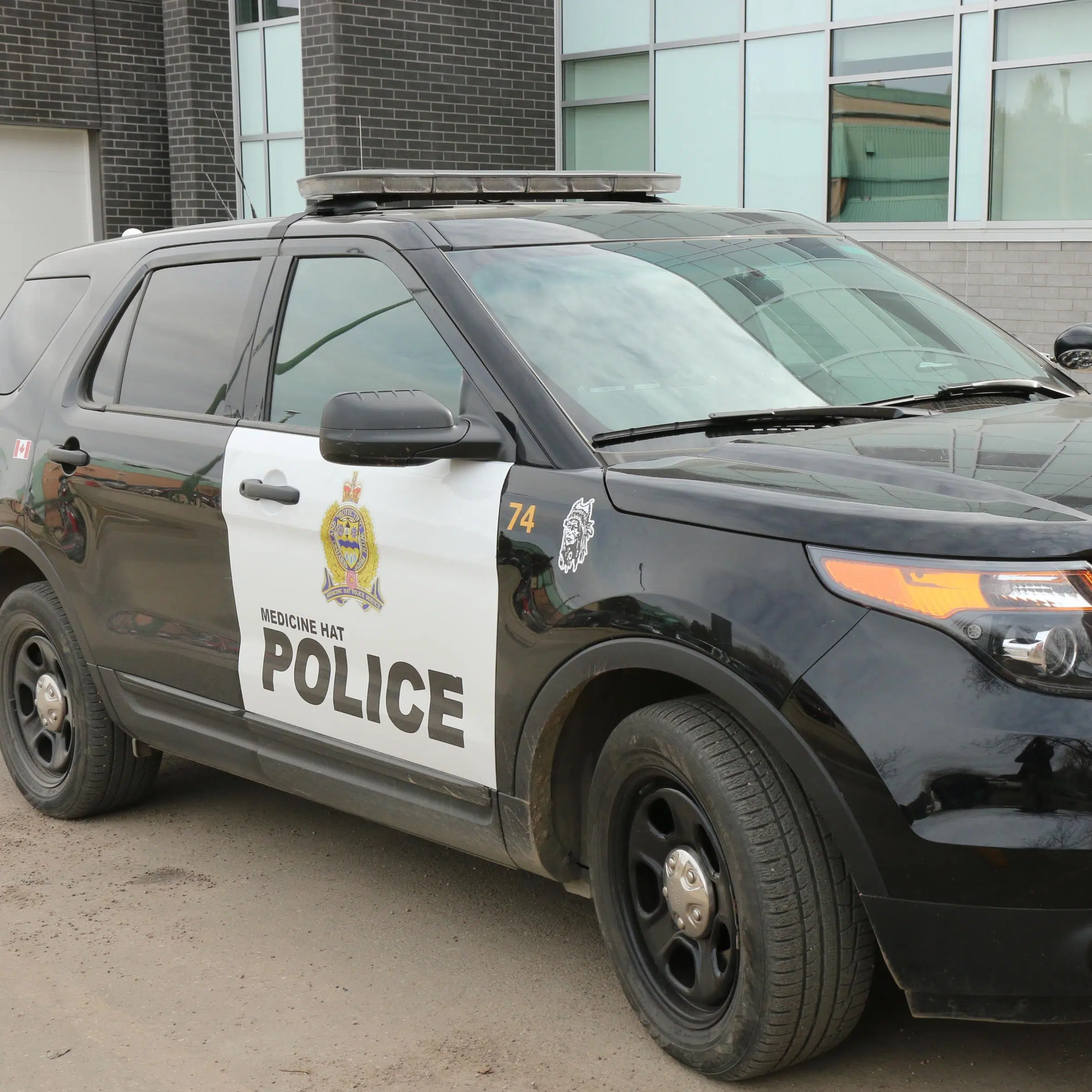
New impaired driving laws called ‘groundless’ by lawyer
MEDICINE HAT, AB — Chances if you’ve had your driver’s license for a few years, you’ve been pulled over by a cop.
You may have also been through a few check stops.
However, as of December 18,you might be subjected to a mandatory test in those situations, even if you haven’t done anything wrong.

